Minisymposia
Plenary lectures will be complemented by Minisymposia organised by recognised experts in targeted research areas, relevant for the conference topics.
Participants interested in organising a Minisymposium at ADMOS 2025 are requested to submit an abstract to the Congress
Secretariat using the template available here .
Each MS is expected to consist of at least one 2-hour session which may be organised as follows:
- 6 invited talks of 20 minutes;
- 1 keynote lecture of 40 minutes + 4 invited talks of 20 minutes.
The above schedule includes time for questions and discussion. MS failing to fill six presentation slots can be completed by the conference organisers with contributed papers covering topics related to the MS.
Please feel free to contact the Congress Secretariat for any question.
Organized by: E. Rank , A. Düster , M. Larson and G. Scovazzi
Keywords: CUTFEM, Finite Cell Method, Geometry Analysis Coupling, Immersed Boundary Methods, Shifted Boundary Method
Organized by: F. Ballarin and E. Delgado Ávila
Keywords: fluid dynamics, reduced order modelling
Organized by: S. Zlotnik , A. García-González and A. Muixi
Keywords: data-driven methods, Geosciences, reduced order modelling
Organized by: M. Aguirre and E. Soudah
Keywords: biomedicine, cardiovascular modelling, data-driven modellling, diagnostics, digital twin, medical devices
Organized by: A. Gargallo-Peiró and O. Lehmkuhl
Keywords: AMR, CFD, Mesh Adaptation
Organized by: L. Chamoin
Keywords: data-driven methods, reduced order modelling, signal processing
Organized by: S. Shontz and J. Wackers
Keywords: Applications, Mesh Adaptation, Mesh Deformation, Mesh Optimization, Numerical Methods
Organized by: M. Lupo Pasini
Keywords: AI4Science, Artificial Intelligence, Computational Physics, Deep Learning, Generative Models, Machine Learning
Organized by: B. Kent and L. Tamellini
Keywords: bayesian inversion, data assimilation, design of experiments, optimization, parametric PDEs, reduced order modelling, sampling methods, surrogate models, uncertainty quantification
Organized by: T. Wildey and A. Belme
Keywords: bayesian inversion, inverse problems, uncertainty quantification
Organized by: G. Stabile and M. Tezzele
Keywords: Machine Learning, reduced order modelling
Organized by: P. Devloo , S. Gomes and G. Avancini
Keywords: A posteriori erro estimation, H1/Hdiv Duality, Hp adaptivity, Prager-Synge Theorem
Organized by: U. Römer , D. Langemann , C. Gräßle and R. Jänicke
Keywords: error estimation, model certification, model error, reduced order modelling, surrogate models, uncertainty quantification
Organized by: D. Guignard , K. Kergrene and S. Prudhomme
Organized by: E. Nadal , A. Ferrer , J. Navarro-Jiménez , J. Martínez-Frutos and J. Ródenas


